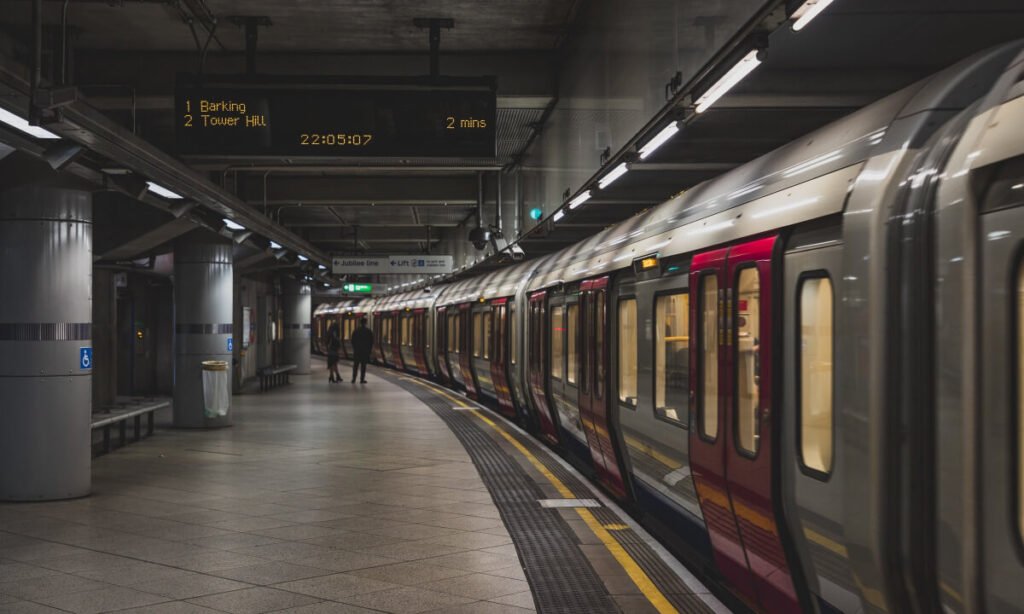In a landmark moment for American legal and political history, former President Donald J. Trump has become the first U.S. president—current or former—to stand trial on criminal charges, as proceedings begin in the Manhattan Criminal Court over an alleged scheme to conceal hush money payments made during the 2016 presidential election.
The case, brought by the Manhattan District Attorney’s Office, centers on a $130,000 payment made to adult film actress Stephanie Clifford, professionally known as Stormy Daniels, to prevent public disclosure of an alleged affair with Trump. Prosecutors argue that the payment, facilitated by Trump’s former personal attorney Michael Cohen, was unlawfully documented in Trump Organization records as legal expenses, constituting falsification of business records in the first degree—a felony under New York state law when done to conceal another crime, in this case, alleged campaign finance violations.
The indictment includes 34 felony counts, each relating to records associated with reimbursements paid to Cohen. Prosecutors assert that these payments were part of a broader strategy to influence the outcome of the 2016 election by suppressing potentially damaging information. They further claim that the falsified documentation was intended to obscure the true nature and purpose of the transactions from regulators and the public.
Trump has pleaded not guilty to all charges and firmly denies any wrongdoing, repeatedly describing the case as a “politically charged witch hunt.” His legal team argues that the payments were personal in nature, unrelated to campaign activity, and that the business records were handled in accordance with standard practices. They also challenge the prosecution’s effort to elevate a typically misdemeanor offense to a felony based on an unproven underlying crime.
The case has attracted national and international attention, not only due to Trump’s status as a former president and likely 2024 Republican presidential contender, but also because of its potential to establish new legal boundaries around political conduct, campaign finance, and corporate accountability.
The proceedings are unfolding under heightened security and intense media scrutiny, with the courtroom becoming a focal point in the broader debate over the rule of law, accountability for public officials, and the politicization of the justice system. Legal scholars note that while the charges may appear less severe than those Trump faces in federal courts, the symbolic weight of a criminal trial involving a former president is profound.
As testimony unfolds, including from Cohen—now a key witness for the prosecution—the trial is expected to delve into Trump’s inner circle, campaign strategies, and corporate practices. The outcome could have far-reaching implications not only for Trump’s political future but also for the public’s expectations of ethical standards in American political campaigns.
Regardless of the verdict, the Trump hush money case marks an extraordinary chapter in the intersection of law, media, and presidential power in the United States.

